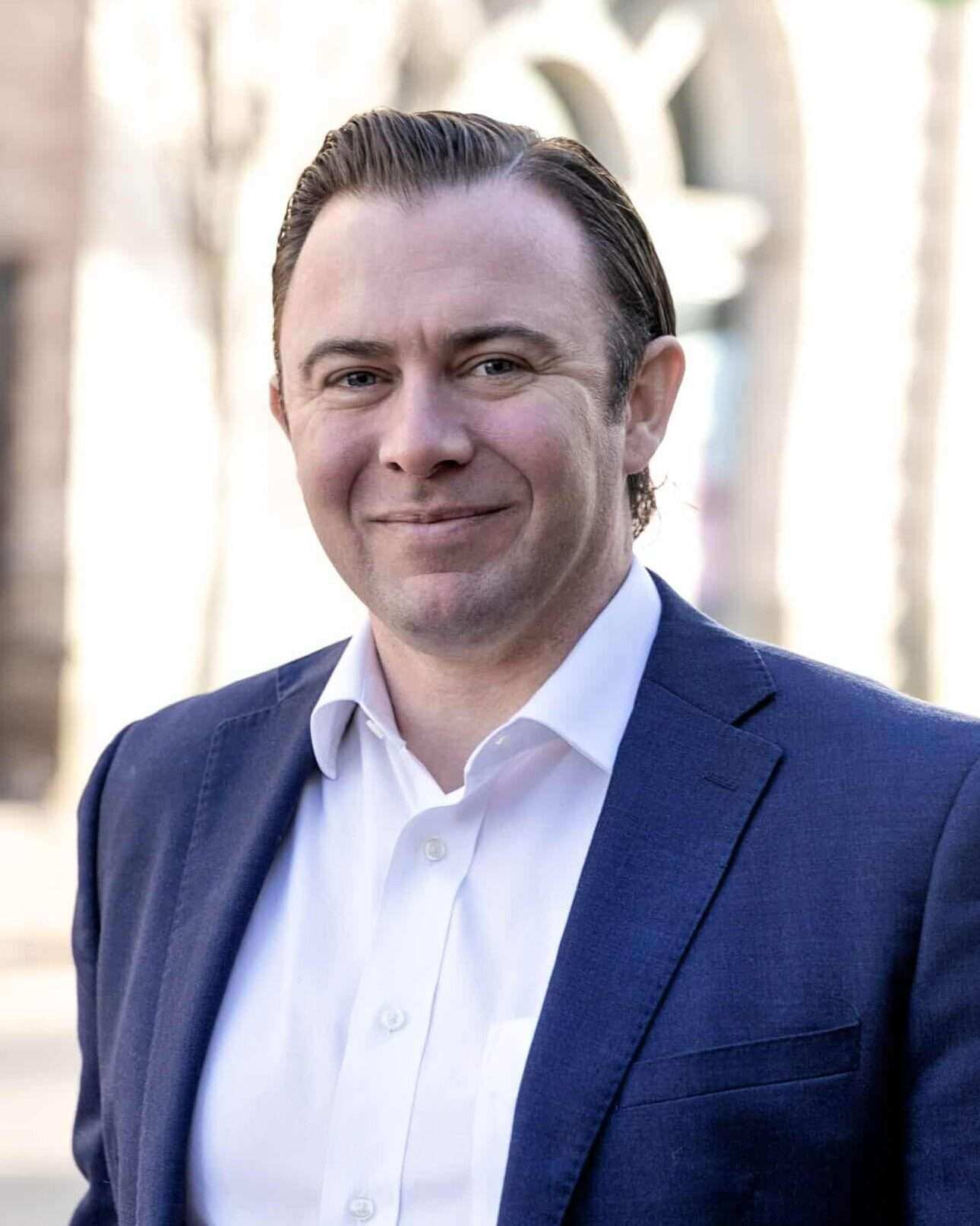Madeline Valente, CFP®, Wealth Advisor of BlueSky regularly provides guidance to consumers through Investopedia. She recently answered a common question our advisors receive; what to do with an inheritance or other financial windfall?
“I’ve come into a large amount of money. Should I invest it or pay off my mortgage?”
Congratulations on your recent good fortune! Your question shows that you are mindful in how you use your windfall, and that planning approach is very admirable. Good financial planning often involves developing a roadmap that will help you achieve your goals and, ultimately, get you to where you want to be in life. There are many pieces of information that go into creating that roadmap: What are your goals? What is your spending and saving rate? How old are you? What is important to you in life? What level of risk is tolerable? What level of risk is too much for the health of your plan? The list goes on. But, the bottom line is that good financial planning helps you achieve financial success as you define it.
To be sure, you would not be hard pressed to find professionals who would like to help you decide how best to use this money. For some, the answer would come in the form of selling you a product or service for which they receive a commission. But that ultimately may not be in your best interest.
I recommend that you find a fee-only financial planner near you who can help you answer your question by figuring out the right use for this money within the larger context of your ultimate goals in life. Fee-only planners charge solely for their services. They do not receive commissions or any other type of compensation beyond the fee you pay them (not to be confused with fee-based planners who may receive commissions and/or other compensation beyond their fee).
A good place to search for a fee-only planner, is the National Association of Personal Financial Advisors (NAPFA). You can use their advisor search tool to look for a fee-only advisor near your zip code at www.napfa.org.
Now to your question; since you are considering paying down your mortgage, there are some factors you may want to keep in mind specific to that decision. First, interest rates are still near historic lows, so consider if the long-term benefits of paying down what is likely a low-interest rate loan outweigh your other options.
Secondly, keep in mind that money applied toward your mortgage becomes more illiquid to you. While possible (via refinancing, home equity loans and lines of credit, reverse mortgages, sale of the residence, etc.), it is a far more difficult, expensive, and lengthy process to tap into the equity in your home to raise cash.
Alternatively, if you invested the money in a liquid investment vehicle (mutual fund, ETF, treasuries, etc.), but need access to it later due to an unforeseen emergency or large expense, you can easily sell your position to raise needed cash.
Last, but not least, so many times in our lives we tend to look at things as an either/or scenario. Either I invest this money or I pay down my mortgage. Because we don’t see these issues in black and white, we may recommend investing some of the money, and using some of it to pay down your mortgage.
A good financial planner can help you with this decision by modeling different scenarios and showing each one’s impact on how successfully you can achieve all of your goals.
